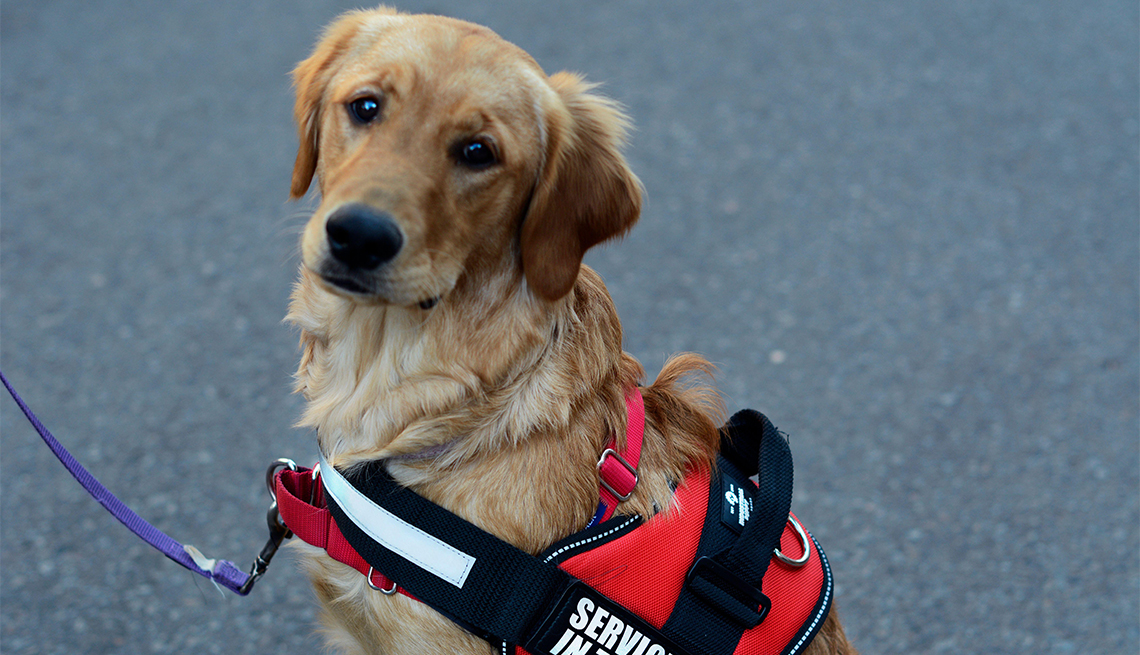Play all audios:
The era of emotional support rabbits, peacocks and other critters on airplanes could soon come to an end, thanks to a set of regulatory changes proposed Wednesday by the U.S. Department of
Transportation. Under the new guidelines, airlines would no longer need to consider emotional support animals to be service animals, the definition of which would be narrowed to refer only
to dogs “individually trained to do work or perform tasks for the benefit of a person with a disability,” including in the case of psychiatric service animals. The public now has two months
to comment on the proposed updates to the Air Carrier Access Act, the federal law that currently requires airlines to accommodate service and emotional support animals at no extra charge.
The department said in a statement that the changes are intended to “ensure that individuals with disabilities can continue using their service animals while also reducing the likelihood
that passengers wishing to travel with their pets on aircraft will be able to falsely claim their pets are service animals.” Many airlines have already tightened their individual policies
following an uptick in animal-related incidents ranging from urination to attacks on passengers and flight crew, but their requirements often differ. Disability advocates hope that the
proposed changes will streamline travel for passengers with service animals by bringing the current patchwork of individual policies into overarching agreement. Moreover, the proposed
definition of a service animal would “harmonize” air travel regulations with the definition laid out in the Americans with Disabilities Act, says Theresa Stern, vice president of outreach,
admissions and alumni services at Guide Dogs for the Blind, a leading guide dog training school. "Having the rules for public accommodation be different on airlines than they are
everywhere else was super confusing,” Stern says, noting that service animals are trained not only to perform specific tasks for their owners, but also to behave appropriately at airports
and on airplanes. Concerns remain, however, that some of the proposed changes could place an undue burden on passengers with disabilities. Stern says that the provision allowing airlines to
require passengers with service animals to check in an hour earlier than they would typically need to, for example, could amount to “a lot of extra time in the airport,” especially for
frequent travelers. Still, she says, the proposed changes represent a “step in the right direction." Airline personnel agree. “The days of Noah's Ark in the air are hopefully
coming to an end,” said Sara Nelson, president of the Association of Flight Attendants-CWA in a statement about the proposed update. Those wishing to travel with pets can look to existing
airline pet policies, which typically allow passengers to bring their companions into the cabin (while safely stowed in a kennel or carrier) for a fee.

